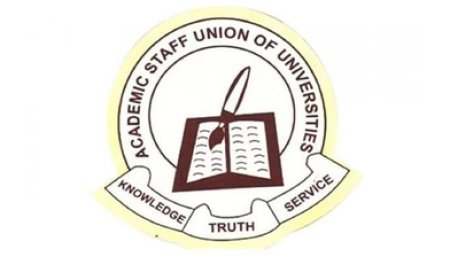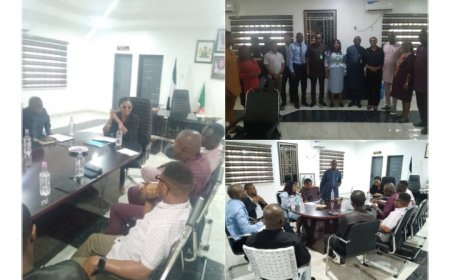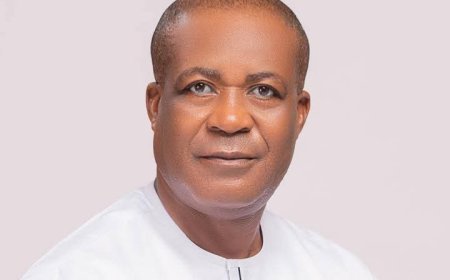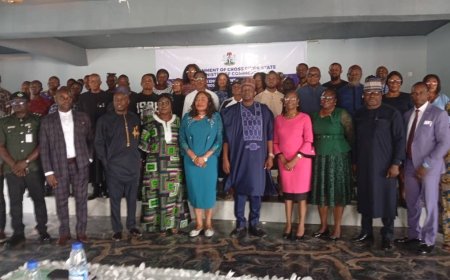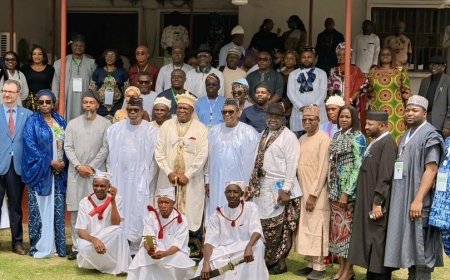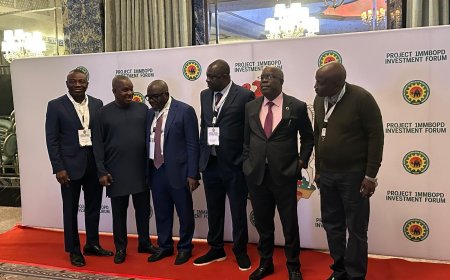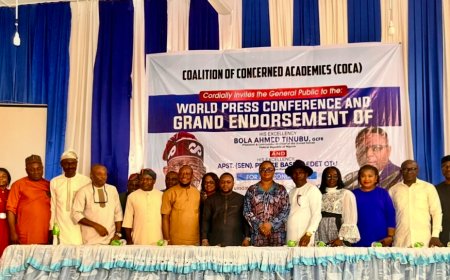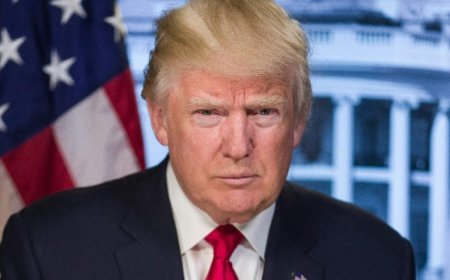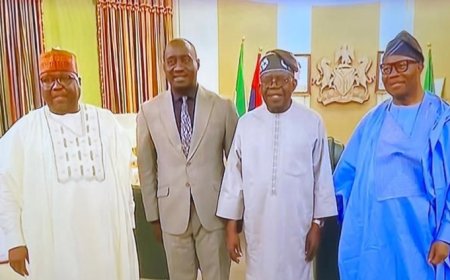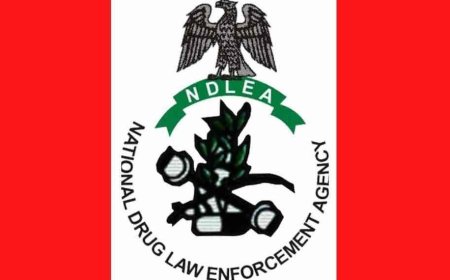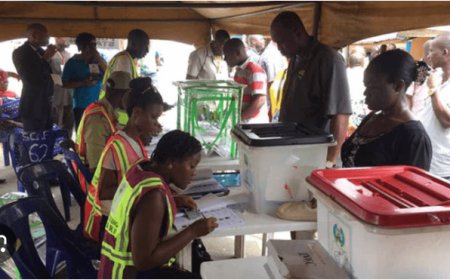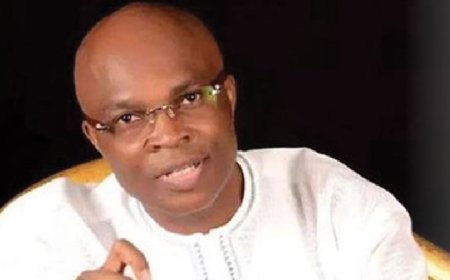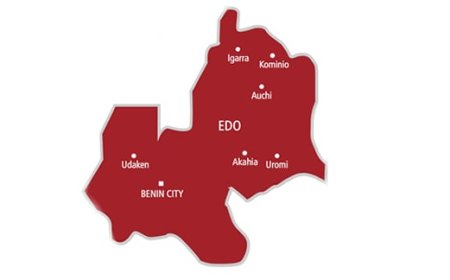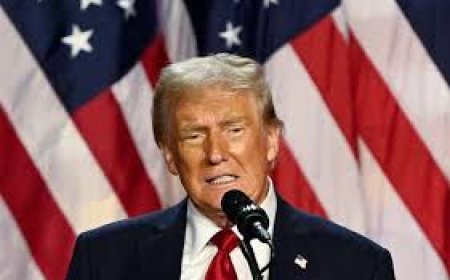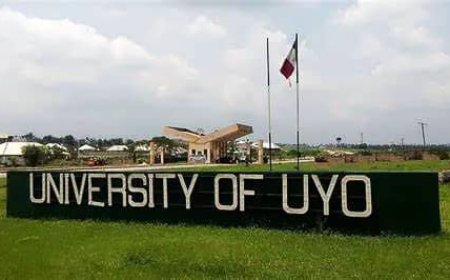Fuel Market Tensions Escalate as Dangote Urges Tinubu to Ban Fuel Imports
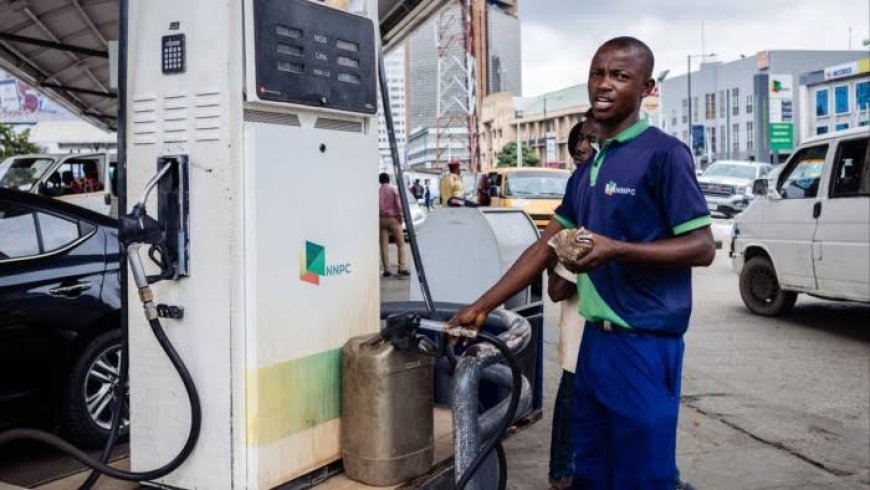
By Ekanem Asuquo
A fresh round of debate has erupted in Nigeria’s energy sector as Africa’s richest man and President of Dangote Group, Alhaji Aliko Dangote, called on President Bola Ahmed Tinubu to enforce the ‘Nigeria First’ procurement policy by including refined petroleum products on the list of banned imports. This demand, however, has drawn sharp criticism from oil marketers and energy experts who warn of the risks of creating a monopoly.
Dangote made the appeal during the Global Commodity Insights Conference on West African Refined Fuel Markets, hosted by the Nigerian Midstream and Downstream Petroleum Regulatory Authority (NMDPRA) in partnership with S&P Global. He argued that the continued importation of refined petroleum products was stifling domestic refining efforts and discouraging investment in local capacity.
“The Nigeria First policy as declared by President Tinubu should be fully extended to the petroleum products sector,” Dangote stated, asserting that the influx of imported fuel—often subsidised, underpriced, and in some cases toxic—creates an uneven playing field for local refiners.
Citing figures, Dangote revealed that Nigeria had become a net exporter of refined products within 50 days, exporting approximately 1.35 billion litres of petrol. He expressed concern over imported products allegedly dumped into Nigeria from Russia and other markets, often priced below production cost.
According to him, “These products are being brought in at a discount, undercutting local refineries and introducing environmental and safety risks. Some of these fuels would not meet regulatory standards in Europe or North America.”
He insisted that his $20 billion, 650,000-barrel-per-day refinery, which is expected to hit 700,000 BPD by December, has the capacity to meet the country’s fuel demand and transform Nigeria’s position in the global petroleum market.
Marketers Push Back
However, key stakeholders in the downstream sector have firmly opposed Dangote’s proposition.
Chinedu Ukadike, National Publicity Secretary of the Independent Petroleum Marketers Association of Nigeria (IPMAN), warned that a ban on fuel imports would lead to monopolistic control and price instability. “We cannot rely on a single supplier in a liberalised market. Imports help us checkmate monopoly and control inflation,” Ukadike told reporters.
Similarly, Billy Gillis-Harry, President of the Petroleum Products Retail Outlets Owners Association of Nigeria (PETROAN), decried any attempt to restrict imports, asserting that a free market approach is critical for energy security.
“Refined fuel is essential to our national stability. While some import bans make sense for local goods like toothpicks or garri, fuel is different. We need multiple energy sources and flexible supply chains to meet national needs,” Gillis-Harry argued.
Experts Warn Against Monopolistic Impulses
Energy law expert and University of Lagos professor, Dayo Ayoade, echoed similar sentiments, describing any ban on petroleum imports as premature and counterproductive. “We cannot hand over our entire fuel supply chain to one private entity, regardless of its scale,” he said.
Prof. Ayoade cautioned that such a move could trigger legal and trade complications under international law. “Trade bans must be carefully crafted. Most international trade frameworks frown upon unilateral restrictions, especially if they distort competition or create monopolies.”
He also stressed the need for more operational refineries, suggesting that government-owned plants either be revived or divested to stimulate market competition.
Call for More Refineries
While Dangote’s monopoly concerns were rejected by many, there was consensus on one of his points—the need to build more refineries and enforce the withdrawal of dormant refinery licences.
“We agree with Alhaji Dangote on the proliferation of inactive refinery licences,” Ukadike said. “The NMDPRA should reclaim licences not put to use. Nigeria needs more functional refineries to boost supply and earn forex through exports.”
Dangote, who recently stepped down as Chairman of Dangote Cement to focus on his refinery and petrochemicals investments, reiterated his commitment to transforming Nigeria’s energy landscape. The company is expected to launch its free fuel delivery scheme by August 1, deploying 4,000 compressed natural gas-powered trucks to deliver products directly to filling stations and bulk consumers across the country.
As the government weighs its next steps under the ‘Nigeria First’ policy, the broader industry remains divided. The central question persists: Should Nigeria protect local industry at the risk of monopolisation—or embrace a hybrid model that fosters both local production and global competitiveness?

